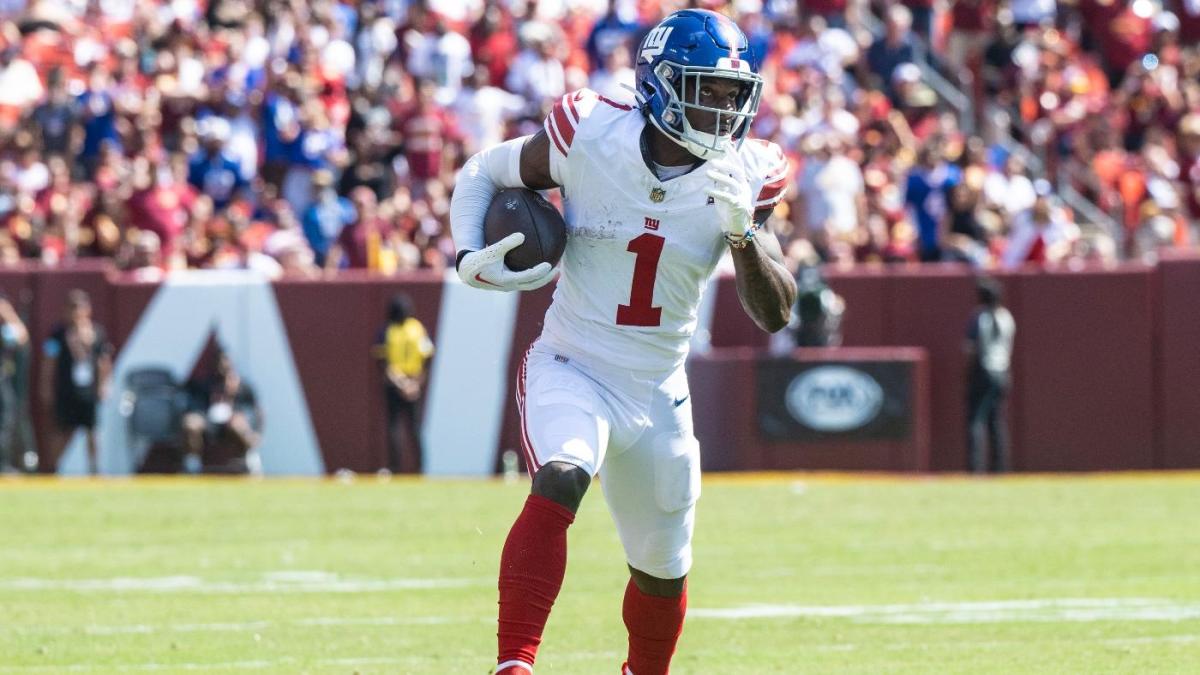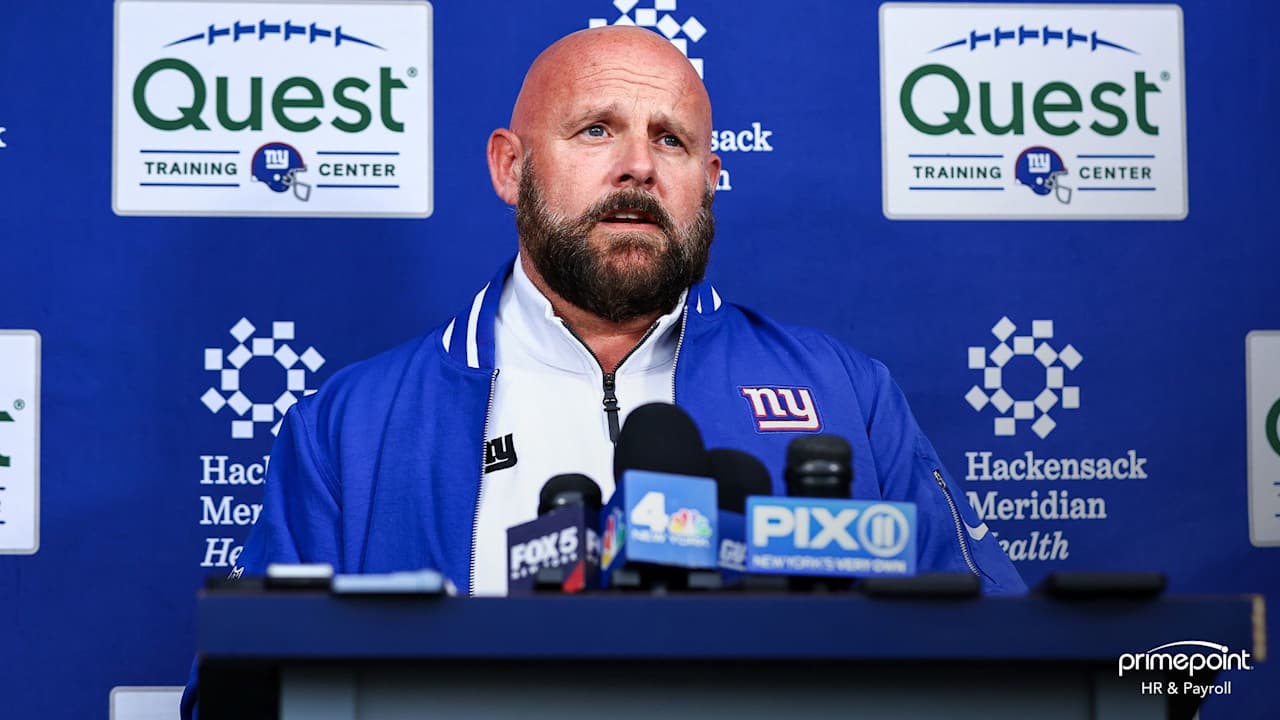Bussiness
NYC congestion pricing will take a toll on Chinatown businesses, critics argue

The controversial first-in-the-nation $15 congestion toll to enter the Manhattan business district south of 60th Street will put a dent in the economy of tourist-reliant Chinatown, critics argued Thursday.
Chinatown activist Susan Lee — a plaintiff in the lawsuit against the MTA to stop the toll — said during a protest against congestion pricing that her downtown neighborhood is still recovering from the COVID-19 outbreak.
“The congestion toll will really hurt our economy, really hurt our recovery,” Lee, head of New Yorkers against the Congestion Pricing Tax said during a press conference on Mott Street.
“Chinatown has suffered greatly in the last two decades,” she said, also referring to the Sept. 11, 2001 terrorist attacks.
The neighborhood is known for its many Chinese and Southeast Asian restaurants for dumplings, pork buns and noodles as well as its sidewalks filled with souvenir stores, bubble tea shops, and food markets selling fish and herbs and spices.
Retired judge and former Councilwoman Kathryn Freed, a Lower East Sider, said, “This has been an historic community for 200 years. They want to force it out of existence.”
“It’s a money grab. It’s smoke and mirrors,” said Freed.
The MTA last week announced it would implement the toll starting June 30 despite ongoing litigation.
The protests on Thursday seemed like a last-gasp appeal to stop the seemingly inevitable toll.
“This toll is going to hurt businesses that were shuttered during the pandemic. It is insane,” said Queens Councilman Robert Holden.
He said companies who have to pay higher tolls to make deliveries will pass along the costs to the consumers.
“Everything is going to cost more. How dumb is that,” said Holden.
Holden also argued that the MTA is not a good manager, noting the hundreds of millions of dollars in revenues lost from fare-beating on buses and subways.
But for all the wrath directed at the MTA, transit officials are merely following the orders of New York’s elected leaders.
The congestion pricing program is a reality because of a state law championed by former Gov. Andrew Cuomo and the Democrat-controlled legislature in 2019.
His successor, Gov. Kathy Hochul — a congestion pricing booster — said the new toll would generate $1 billion in revenues for mass transit, while curbing traffic and air pollution in Manhattan.
But politically, the congestion toll is a loser in the court of public opinion with voters — nearly two-thirds of New Yorkers across the political spectrum oppose the pricing scheme, while only 25% support it, a Siena College poll released last week found.
MTA officials defended the coming congestion toll, dismissing “pro-traffic” opponents who can’t get their way in court.
“We are responding to their pro-traffic lawsuit in court, where a 4,000 page environmental assessment will make the case that congestion relief delivers less traffic, safer streets, cleaner air and more investment in the mass transit most people use,” MTA chief policy and external affairs chief John McCarthy said Thursday.
Meanwhile, the MTA on Monday approved discounts to make public transit options more attractive while implementing congestion pricing.
It will increase service frequency on six popular express bus routes from Brooklyn and Staten Island to the congestion zone in Manhattan and offer a 10% cut on the price of monthly commuter rail tickets within New York City to ride along Long Island Railroad and Metro-North stops.
Both programs are designed to appeal to people in the outer boroughs who might consider switching to transit from driving into the Manhattan Central Business District, officials said.









